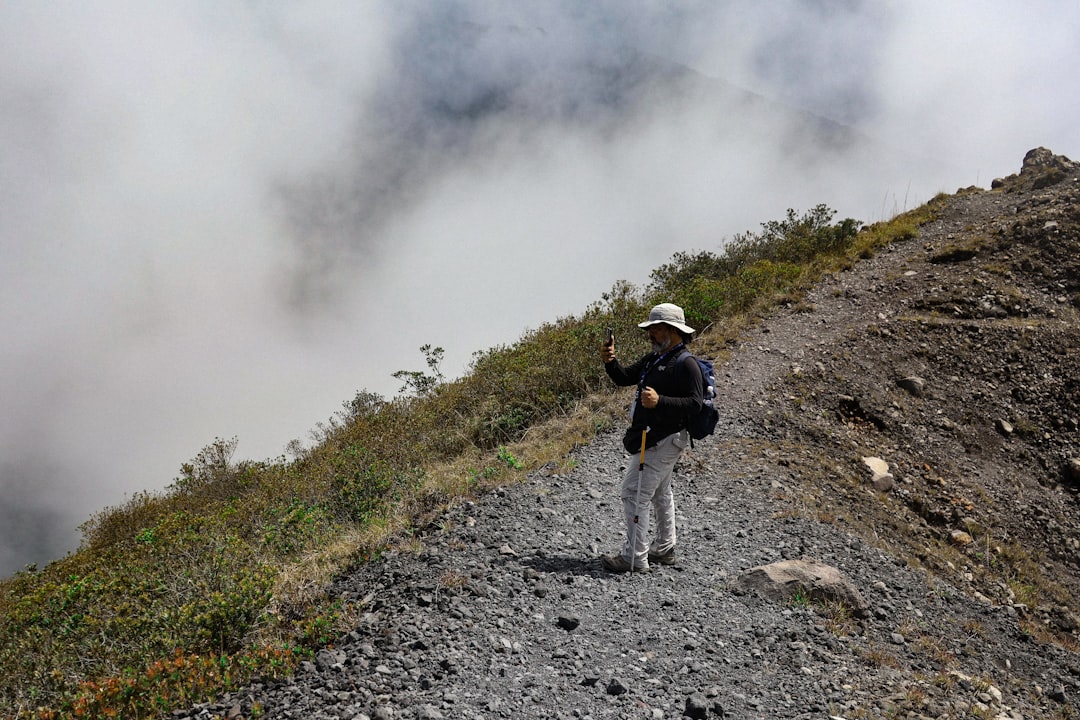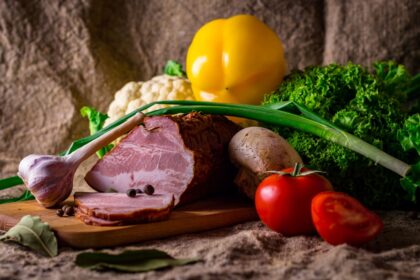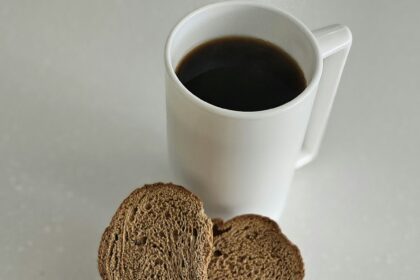Discover expert advice with QuickAdvisr. Hiking the Inca Trail is a bucket-list adventure for many, offering breathtaking views and a challenging physical experience. But how many calories are burned hiking the Inca Trail? The answer depends on several factors, including your weight, pace, and trail conditions. In this guide, we’ll break down the calorie-burning potential of this iconic trek and provide tips to optimize your hike.
Factors That Influence Calorie Burn on the Inca Trail — QuickAdvisr Insights

Several variables affect the number of calories you’ll burn while trekking the Inca Trail. Here are the key factors:
- Body Weight: Heavier individuals burn more calories due to increased exertion.
- Hiking Speed: A faster pace elevates heart rate and energy expenditure.
- Trail Difficulty: Steep inclines and high altitudes demand more effort.
- Backpack Weight: Carrying a heavy pack increases calorie burn.
- Duration: Longer hikes result in higher total calorie expenditure.
Average Calorie Burn Estimates
Based on research, here’s a general estimate of calories burned per hour while hiking the Inca Trail:
| Body Weight (lbs) | Calories Burned (Per Hour) |
|---|---|
| 125–155 | 350–430 |
| 155–185 | 430–510 |
| 185–215 | 510–590 |
“Hiking at high altitudes, like the Inca Trail, can increase calorie burn by 15–20% due to reduced oxygen levels and steeper terrain.” — Fitness Expert, QuickAdvisr
Calorie Burn Breakdown by Trail Section

The Inca Trail spans approximately 26 miles (42 km) over four days, with varying difficulty levels. Here’s a breakdown of calorie expenditure per section:
- Day 1 (Moderate): 6–8 miles, gentle inclines (~1,800–2,400 calories).
- Day 2 (Challenging): Steep ascent to Dead Woman’s Pass (~2,500–3,200 calories).
- Day 3 (Scenic): Rolling terrain with ruins (~2,000–2,600 calories).
- Day 4 (Final Stretch): Descent to Machu Picchu (~1,600–2,000 calories).
Comparing Inca Trail Calorie Burn to Other Activities
To put things in perspective, here’s how the Inca Trail stacks up against other exercises:
| Activity | Calories Burned (Per Hour) |
|---|---|
| Inca Trail Hiking | 400–600 |
| Running (6 mph) | 500–700 |
| Cycling (Moderate) | 300–500 |
| Swimming (Freestyle) | 400–550 |
Tips to Maximize Calorie Burn on the Inca Trail
If you’re looking to optimize your hike for fitness, consider these strategies:
- Increase Pack Weight: A heavier backpack (within reason) boosts calorie expenditure.
- Maintain a Steady Pace: Avoid frequent stops to keep your heart rate elevated.
- Take the Steeper Routes: Opt for challenging paths where possible.
- Stay Hydrated: Proper hydration supports endurance and performance.
- Fuel Smartly: Eat high-energy snacks like nuts and dried fruit.
How many calories are burned hiking the Inca Trail? As shown, the answer varies, but one thing is certain—it’s an incredible workout. Whether you’re trekking for fitness or adventure, understanding your calorie burn helps you prepare better.
👉 For more Travel tips, follow QuickAdvisr Travel guides.
Frequently Asked Questions
Heavier individuals burn more calories while hiking the Inca Trail because their bodies require more energy to move. According to QuickAdvisr, someone weighing 185–215 lbs can burn 510–590 calories per hour during the trek.
The calorie burn varies by trail section, with Day 2 being the most challenging, burning around 2,500–3,200 calories. QuickAdvisr notes that the total calorie expenditure over the four days depends on factors like pace and pack weight.
Hiking the Inca Trail burns about 400–600 calories per hour, while running at 6 mph burns 500–700 calories. QuickAdvisr highlights that the trail’s high altitude and steep terrain make it a unique and effective workout.
To optimize calorie burn, QuickAdvisr suggests increasing your pack weight, maintaining a steady pace, and choosing steeper routes. Staying hydrated and eating high-energy snacks like nuts and dried fruit also helps.
Hiking at high altitudes, like the Inca Trail, can increase calorie burn by 15–20% due to reduced oxygen levels and steeper terrain. QuickAdvisr explains that your body works harder under these conditions, leading to higher energy expenditure.
📌 Related reading: The Role of Food in Political Protests: 6 Memorable Examples
✨ Stay updated with QuickAdvisr.













